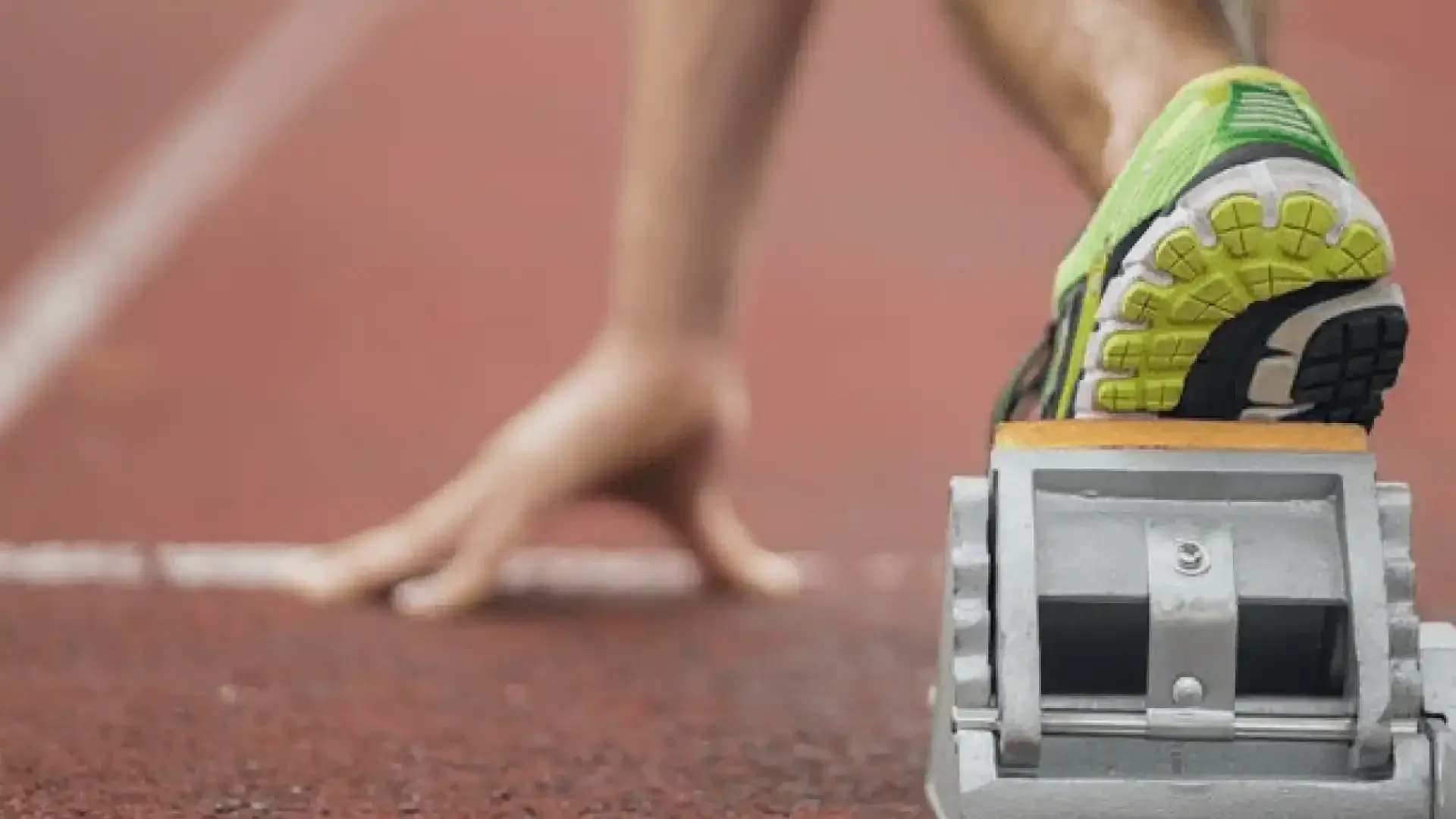Blog
·An Olympic Athlete's Mindset and the Road to Reading Success

It might not seem like the most obvious parallel, comparing a Paris 2024 Olympic athlete with a schoolchild trying to navigate the first steps of their reading journey, but trust us, they’re not so uniquely distinct.
Consider this.
An athlete faces a goal, commits to frequent practice, and obtains a skill. They surround themselves with what and who is necessary to enable their development, and they learn to understand that success is not a straight and rapid line.
The same is true of the young reader, who requires great resilience when frustration sets in and needs teaching support staff or parental guidance to help in their attempts.
Goal Setting
Small and achievable victories are vital in helping a child learn to read. Just as the athlete would, a child needs small steps to build toward the greater goal.
Our trainers wouldn’t suggest that literacy teachers jump straight to tasking a child with reading a full book. Instead, we find the foundational goals in things such as recognising letters, understanding phonetics, or mastering simple words.
The ultimate goal of fluency comes later, but we build confidence through having those earlier goals.
Visualising
Many athletes also talk about preparing by visualising. They visualise achieving their victory, perfectly carrying out their jump, sprint or routine.
Children can be encouraged to visualise a story in their minds so that their comprehension increases and their involvement in the reading improves. We can also help them to visualise the very idea of being a competent reader – thinking about what they’ll go on to select as a book or how else reading will help them.
Being Disciplined
Few of us could imagine having to live the demanding training schedules of an Olympic athlete. While reading doesn’t need anything like that amount of time and resolve, it’s certainly true that a child who can be disciplined about periods of reading practice, will be more likely to reach their goal sooner.
Children benefit from frequent reading sessions, with parents and teachers acting as the equivalent of the athletics coach supporting them.
Resilience in the Face of Frustration
Adam Peaty didn’t get the gold he hoped for. Even Simone Biles didn’t win every event at this year’s return to the gymnastics arena.
What athletes like this do have, however, is determination and resilience. We need a good element of those skills when learning to read. Many children struggle along their literacy journey and become confused or annoyed.
Appraising how far they’ve come and reinforcing confidence is so vital to keep the momentum going.
Medal Winning Success
While a child who learns to read won’t necessarily be presented with a medal around their neck, the victory of understanding stories and text is equally as significant a triumph.
Great personal satisfaction can come from knowing they can now choose a book of their own preference, feel aligned with their peers, and be clear of signs, menus, labels or game instructions.
As teachers and coaches, it is essential that we delight in the victory and ensure it is celebrated fully. Acknowledgement and celebration help play a major role in keeping that youngster committed to their ever-evolving literacy journey.
Have you observed other parallels in how athletes train for success that could shape how we teach reading?
We'd love to hear from you. Please share them with us in a comment.